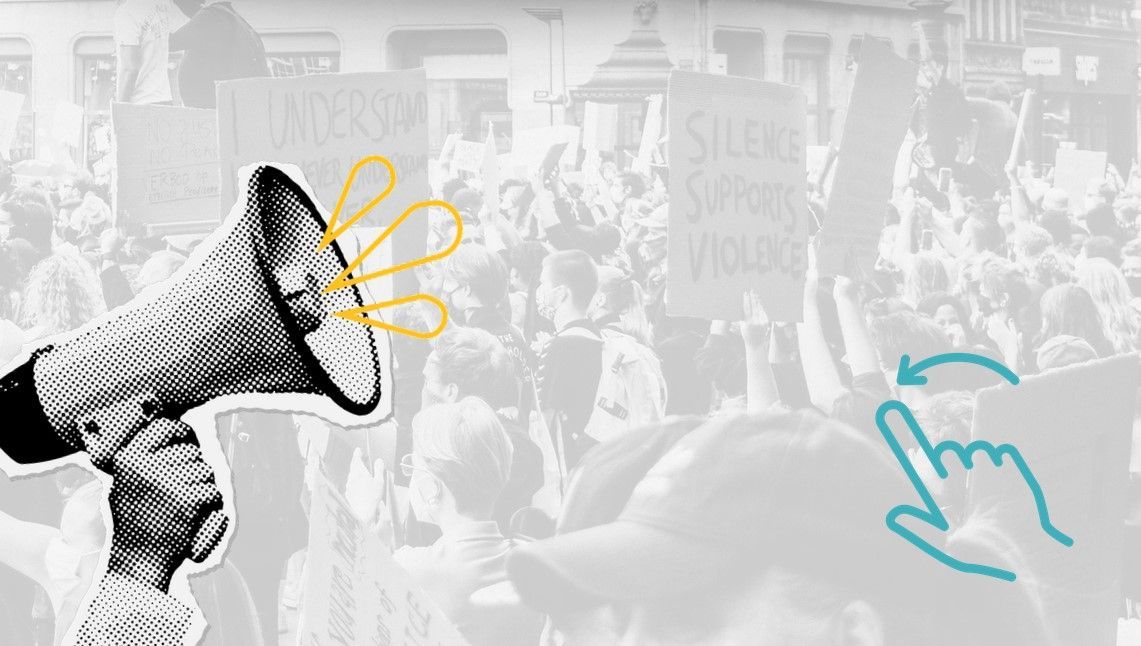Denmark stands alone in defiance against Baltic Sea marine protection agreement
PRESS RELEASE: Stockholm and Helsinki 19 December 2016
Denmark threatened to effectively stop progress on a key Baltic Sea regional initiative during the HELCOM Head of Delegation meeting which took place on 14-15 December in Helsinki. This process, prioritized by the EU who is currently chairing HELCOM for the first time, represents an agreement by Baltic Sea Ministers to advance progress towards securing a healthy Baltic Sea. Environmental organizations Coalition Clean Baltic (CCB) and Oceana are angered by Denmark’s disruptive actions which severely undermine progress to restore the status of the Baltic Sea.
The so called Holistic Assessment of the Baltic Sea (HOLAS II) project was initiated by all Baltic Sea countries, including Denmark, and has been in progress since 2014. It is intended to demonstrate the overall state of ecosystem health in the Baltic Sea and support commitments under the Baltic Sea Action Plan and EU Directives. It represents a tremendous investment of time and financial resources which have now been undermined due to the actions of just one of the ten contracting parties to HELCOM.
“Denmark has undermined an international process intended to secure a healthy Baltic Sea and fought to be made exempt from its implications. The disrespect Denmark has shown for the cooperative endeavours of HELCOM is deeply concerning.” explains Lasse Gustavsson, Executive Director of Oceana in Europe.
Following intensive interventions by the other Baltic Sea countries, who restated their commitment to this process, Denmark finally agreed to compromise, allowing the process to proceed. The compromise makes clear that Denmark reserves its right to disregard the findings of HOLAS II, and ensure that the EU cannot hold Denmark accountable to them.
“Shared natural resources can only ever be effectively managed through cooperation and unfortunately this is not first time Denmark has objected environmental agreements backed by all other Baltic Sea countries.” says Mikhail Durkin, the Executive secretary of CCB.
Denmark’s move against the initiative also jeopardizes the implementation of other agreements aimed at restoring the status of the Baltic Sea and undermines important work carried out by other HELCOM contracting parties. It also complicates the work of those member states who wish to use the HELCOM work in their national implementation of EU directives, such as the Marine Strategy Framework Directive, which requires countries to coordinate their work regionally.
Read the entire press release here.


